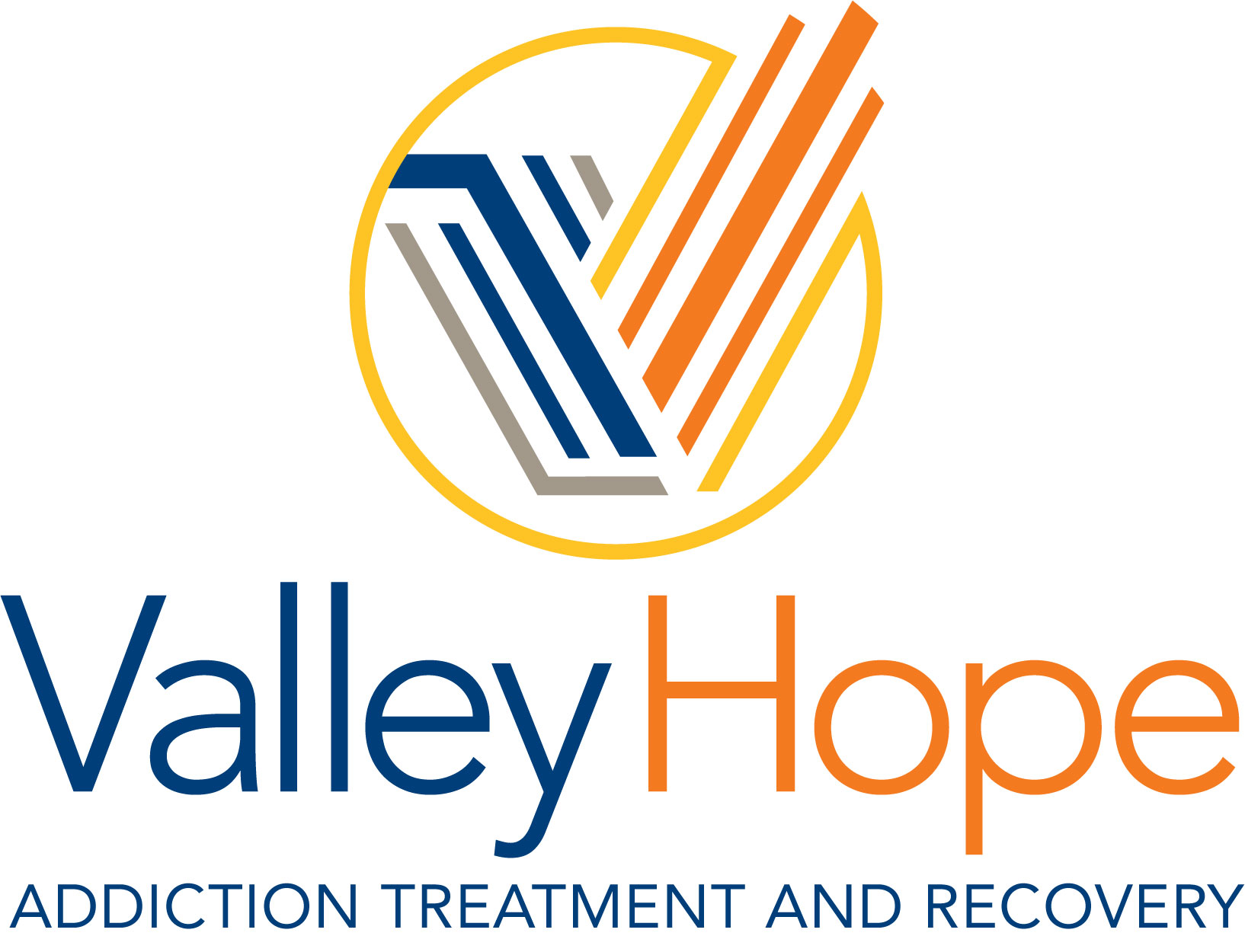Drinking alcohol excessively can have severe consequences for your health, both in the short and long term. Let’s look at the long-term health issues associated with alcohol misuse and the dangers they cause.
Alcohol Misuse: Health Complications and Dangers
Excessive alcohol consumption over the long term can lead to several health problems. According to the National Institute on Alcohol Abuse and Alcoholism (NIAAA), some of the long-term effects of alcohol misuse include:
- Liver disease: Alcohol can cause inflammation and scarring of the liver, leading to conditions such as alcoholic hepatitis, cirrhosis, and liver cancer.
- Cardiovascular disease: Alcohol can raise blood pressure, increase the risk of stroke, and contribute to heart disease.
- Mental health problems: Alcohol misuse can lead to depression, anxiety, and other mood disorders.
- Cancer: Long-term alcohol use has been linked to an increased risk of certain types of cancer, including breast, liver, and colon cancer.
These are just a few examples of the potential health consequences of alcohol misuse. It’s also worth noting that heavy drinking can impair judgment and coordination, increasing the risk of accidents and injuries. Additionally, chronic alcohol misuse can lead to addiction, which can be challenging to overcome without professional help.
Heavy Drinking Data and Statistics
The dangers of heavy drinking increase over time. Sharing the data about alcohol use can help those who are struggling. According to National Institute on Alcohol Abuse and Alcoholism (NIAAA), here are a few statistics on how alcohol use affects your health and everyone around you:
- Heavy drinking is defined as follows:
- For men, consuming more than 4 drinks on any day or more than 14 drinks per week
- For women, consuming more than 3 drinks on any day or more than 7 drinks per week
- It is estimated that more than 140,000 people (approximately 97,000 men and 43,000 women) die from alcohol-related causes annually, making alcohol the fourth-leading preventable cause of death in the United States behind tobacco, poor diet, and physical inactivity, and illegal drugs.
- Around 29 percent of all motor vehicle traffic fatalities involve alcohol. The rate of alcohol-related emergency department visits increased by nearly 50 percent from 2006 to 2014.
- Half of liver disease deaths in the United States are caused by alcohol, and alcohol-associated liver disease is increasing, particularly among women and young people.
- Continue reading more facts about alcohol use.
Understanding the Chronic and Progressive Nature of Alcoholism
Alcohol Use Disorder is a chronic and progressive disease that can have severe physical and mental health consequences. According to NIAAA, when someone becomes addicted to alcohol, their brain chemistry changes, making it difficult to control their drinking behavior.
Over time, excessive alcohol consumption can damage the liver, heart, and other vital organs, leading to various health problems, including cancer and mental health issues.
Signs and Symptoms to Watch Out for in Yourself and Loved Ones
It’s not always easy to recognize the signs of alcoholism in ourselves or our loved ones, but it’s important to be aware of the warning signs. According to Substance Abuse and Mental Health Services Administration (SAMHSA) here are some of the common symptoms of alcoholism:
- Drinking more, or longer than you intend
- Trying to cut down or stop drinking, but are not able to
- Must drink more than you once did to get the effect you want
- Continue to drink even though it makes you feel depressed or anxious or adds to another health problem
- Loved ones and/or trusted friends have made comments about your drinking pattern
Find Help for Alcohol Dependency
Fortunately, treatment options are available that can help individuals recover from alcoholism and regain control of their lives. Keep in mind, recovery is not only possible, but also achievable. More than 25 million Americans with a previous substance use disorder (SUD) such as alcohol dependence are in remission and living healthy, productive lives.
Valley Hope Addiction Treatment and Recovery offers a continuum of care that helps you through every step of your recovery, including medical detox, residential and outpatient treatment services, family counseling and continuing care. Our approach is grounded in 12 Step philosophy that encourages you to take responsibility for your alcohol recovery and treatment. The Valley Hope experience is unique in its genuine compassionate care style, a method that has helped tens of thousands of people find successful recovery over the last 56 years.
If you feel like you need help immediately, the Valley Hope team is available 24/7 at (800) 544-5101 or find a location near you. If you or a loved one are ready to stop drinking, begin your journey to a healthy, happy life in recovery today.










